Whitney
Wei
As the editor in chief for Electronic Beats in Berlin, Whitney Wei writes about club culture and experimental electronic music. Thoughtful and critical, her work has been featured in a number of outlets including The Guardian, Vogue US, Pitchfork and Highsnobiety. Over the last few months, she’s increased her content production to bring much-needed commentary on the diversity of talent and voices that make up the city’s nightlife scene.
Changing the narrative
Writer and Visual Artist
Above
Whitney
Photo: Helge Mundt
Tell us a bit about yourself
24 JUN 2020 My name is Whitney Wei; I moved to Berlin from Brooklyn about three years ago. I like to call myself a New Yorker, but that’s inevitably not true because I was born in Louisiana, and lived in both Taiwan and Maine before I ended up in Manhattan for college. I’ve been a writer and storyteller since I was 15 years old—way back when I used to write anime fanfictions, a fact that I’m surprisingly more proud of than embarrassed—but only chose it as my career path four years ago when I started reporting on underground nightlife and club culture.
Finding my beat in journalism eventually led me to the editor-in-chief role I occupy today at Electronic Beats. On the side, I also fiddle around with painting and illustration, but those are more personal creative outlets that I enjoy simply because they don’t require the same kind of granular concentration that writing demands from me.

Above
Whitney at the studio
Photo: Helge Mundt
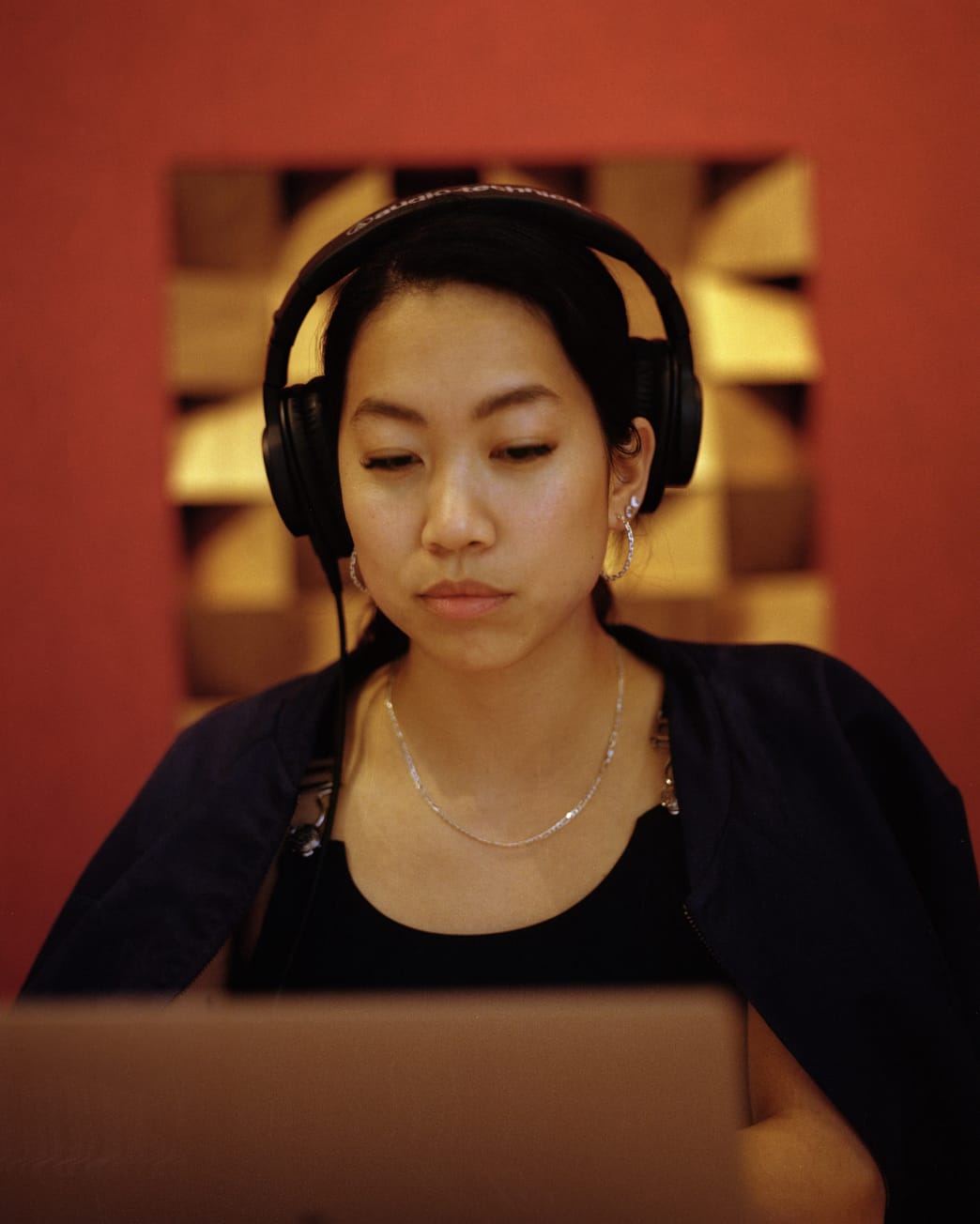
Above
Whitney at the studio
Photo: Helge Mundt
How have the last few weeks or months shaped or impacted your practice?
During Covid-19, I curated extra content for Electronic Beats in terms of keeping our audiences entertained and optimistic with movie, book, and podcast recommendations, while also focusing on pertinent articles to help struggling artists or to forecast the future of a broken music industry. For Black Lives Matter, our team took the time to educate ourselves and others by digging through and compiling anti-racism resources. Through this research, I found an alarming absence of mainstream articles that detailed the historical Black roots of electronic music, so I took it upon myself to write a piece with a fervent urgency, hoping to get in front of those who would be online searching for answers.
My editorial ethos since I joined in January has always been about diversity, from the talent we cover to the talent we work with behind the scenes. I always want to inspire, inform or interrogate existing assumptions within dance music; the force of BLM has given this mission a new revolutionary weight.
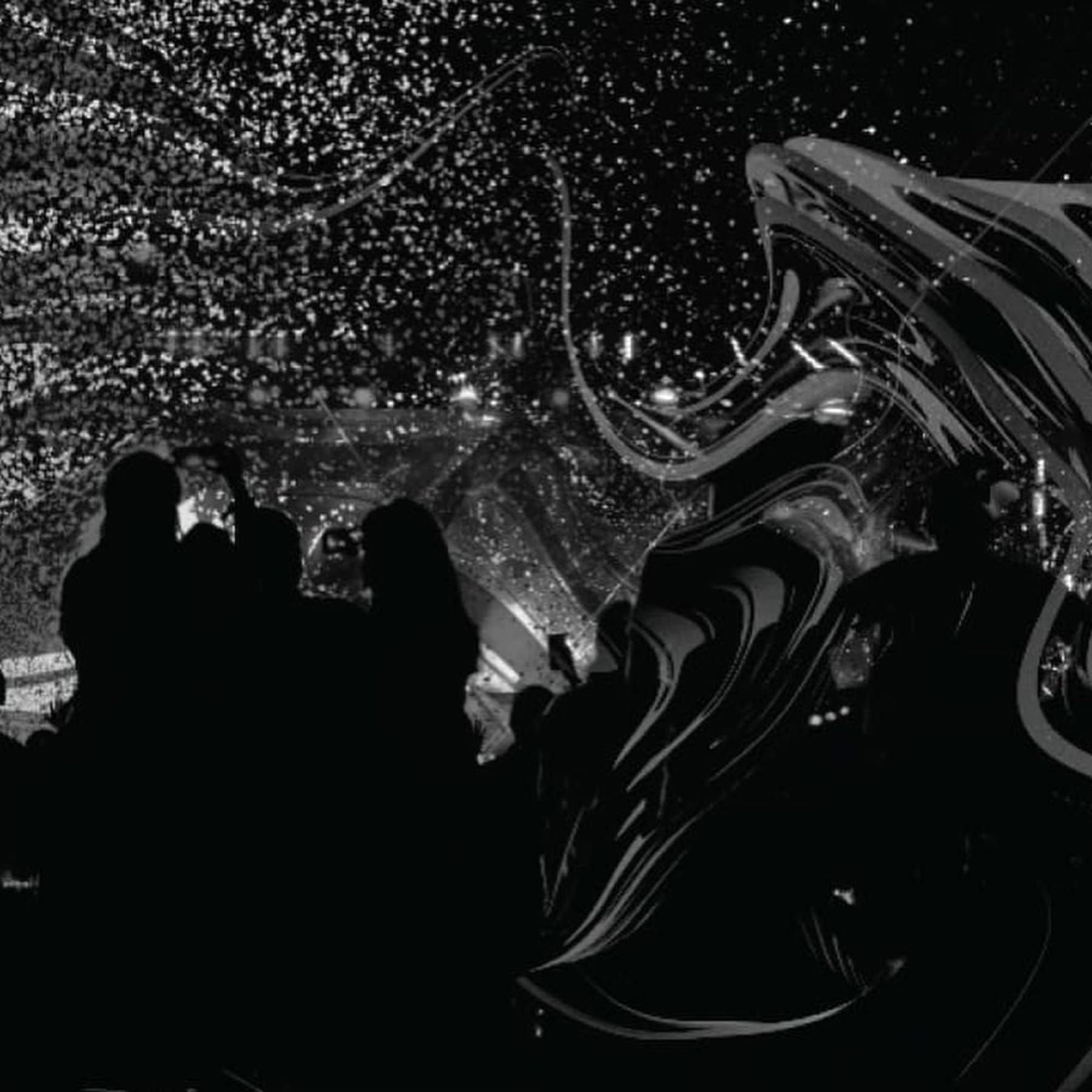
Above
“Electronic Music is Black Protest Music”
Article by Whitney on Electronic Beats
Graphic: Ekaterina Kachavina
Why are social dynamics so difficult to navigate?”
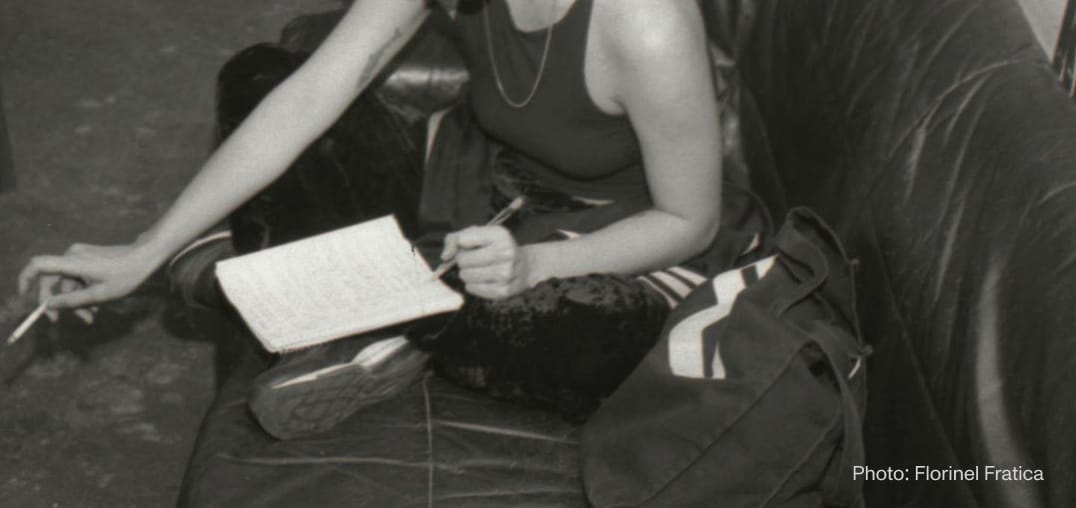
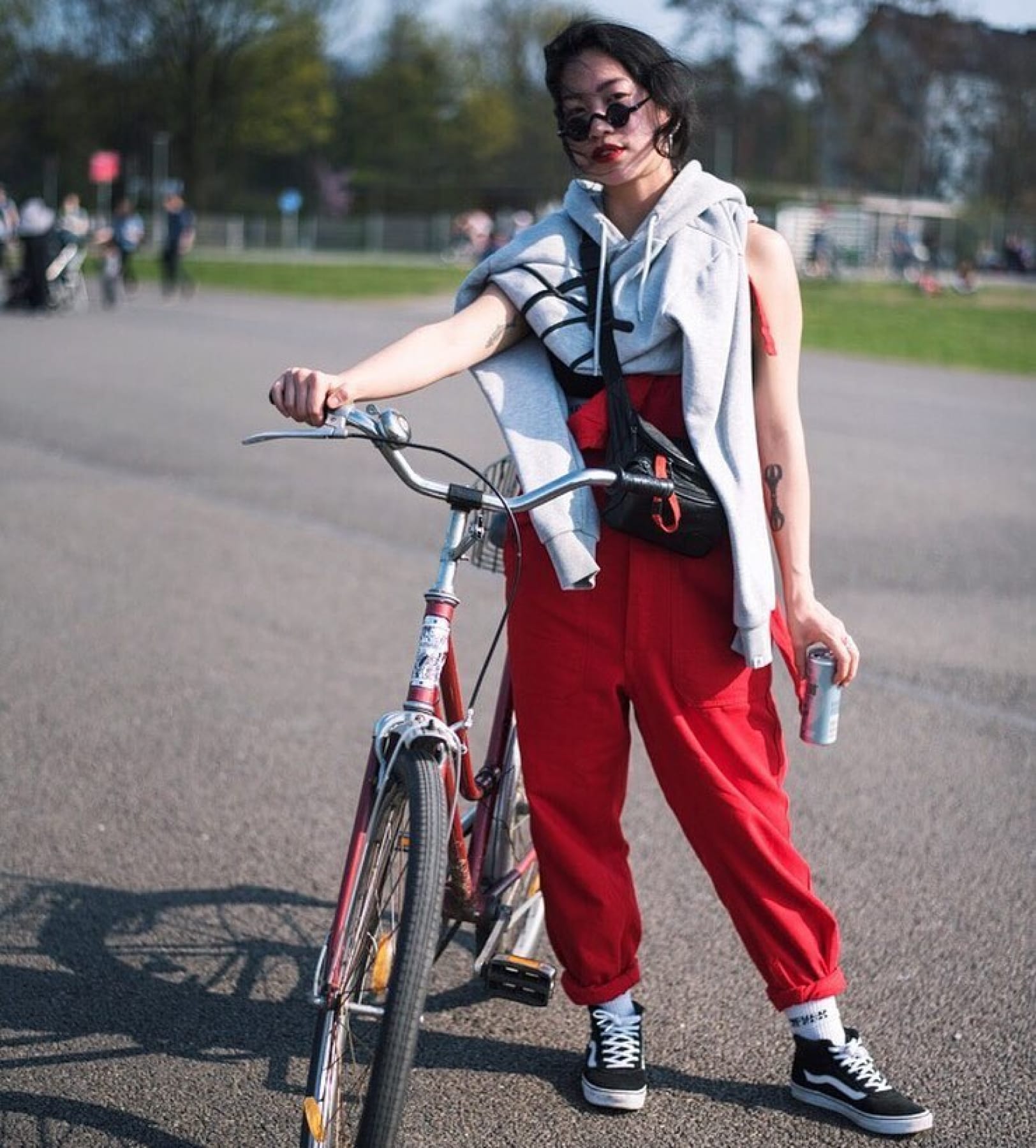
Above
Whitney at Tempelhofer Feld, Berlin
Photo: Kim Hven
How are you coping at home?
I am no longer at home now, but, when I was, I felt the most centered that I had felt in a long time. As surprising as it may seem, I am an introvert and, once I returned back to the office, it was a slow adjustment to interacting with even a small group of colleagues. Why are social dynamics so difficult to navigate? How did I even get any work done? These were a few questions that ran through my mind at the beginning. My biggest tip throughout everything: invest in yourself in whatever way that feels healing. For me, this meant sticking to a strict routine where I’d roll out of bed and go for an hour-long walk, which I’d finish then off by a short meditation or treating myself to a dirty chai latte. Nice coffee became a small but sustaining pleasure in my quarantine life.
I also beautified my room, threw away clutter, cooked extravagant meals and taught others via social media how to do the same. In the evenings, I would read print magazines or books to get away from screens or create abstract paintings to sublimate my underlying frustrations. It might be a faux pas to admit, but I actually never got into the livestream club wave because I’m already self-conscious of my relationship to technology, and I didn’t want to increase my already-existing reliance on it.
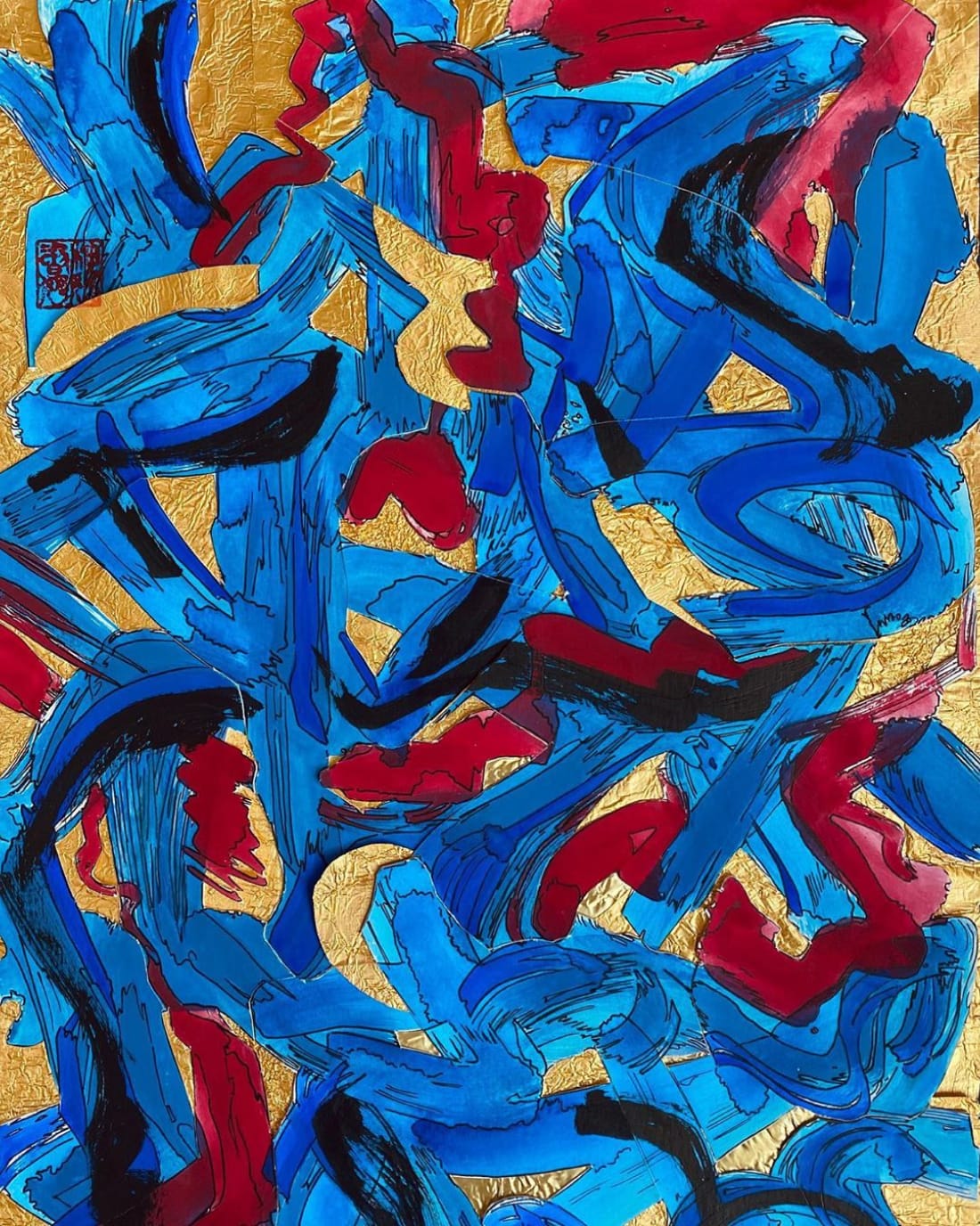
Above
For Jazmine (2020)
Japanese ink, pen, and
gold foil on paper
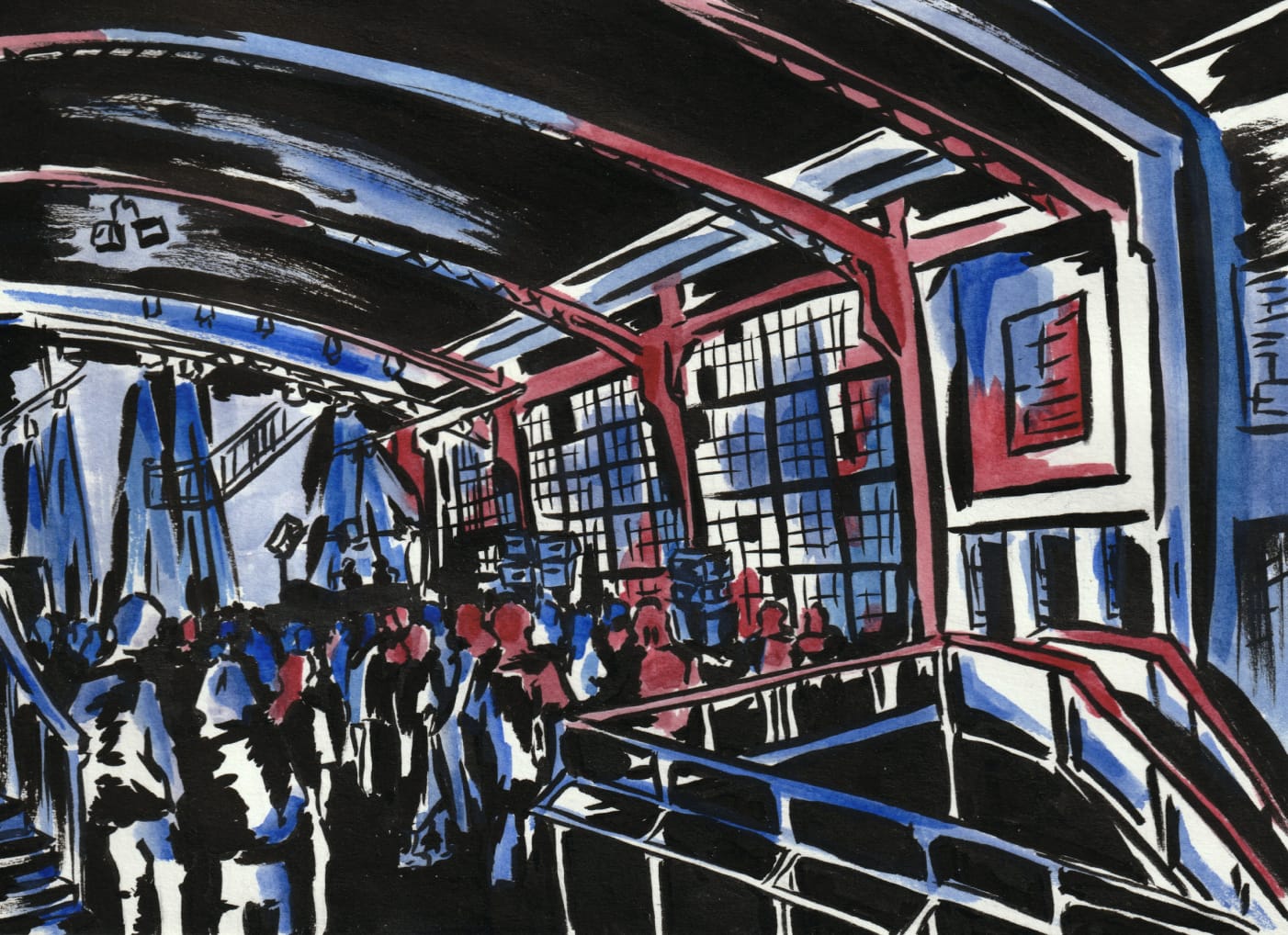
Above
Berghain
Japanese ink brush and
watercolor paint, 20x15cm

Above
Crane Over Midheaven (2016)
Japanese ink brush, watercolor, and
ink stamps on paper, 50x65cm
What has inspired you lately?
Right now, I’m most inspired by the producers around the world who are reclaiming house and techno’s Black roots. Just last week, Electronic Beats debuted an exclusively commissioned track “Change 4 Me” by Londoner FAUZIA, who used the composition as a medium to comment on the role of Black artists in the music industry. The work has a contemplative atmosphere, layered with a prickly, vintage warmth reminiscent of house’s early days. It seems I’ve been on a bit of a house kick recently, because another creative who has inspired me is Cleveland native, New York-based producer Galcher Lustwerk. He released his ‘Proof’ EP early this month, and I’ve slipped into a habit of zooming through the EP and then just running through his entire discography in the late evenings. This man has perfected the ideal vespertine sound in everything from his crooning vocals to his gliding, placid synths. A notable track for me is “I Had to Slow it Down,” and, right now, I could agree more with his lyrics.
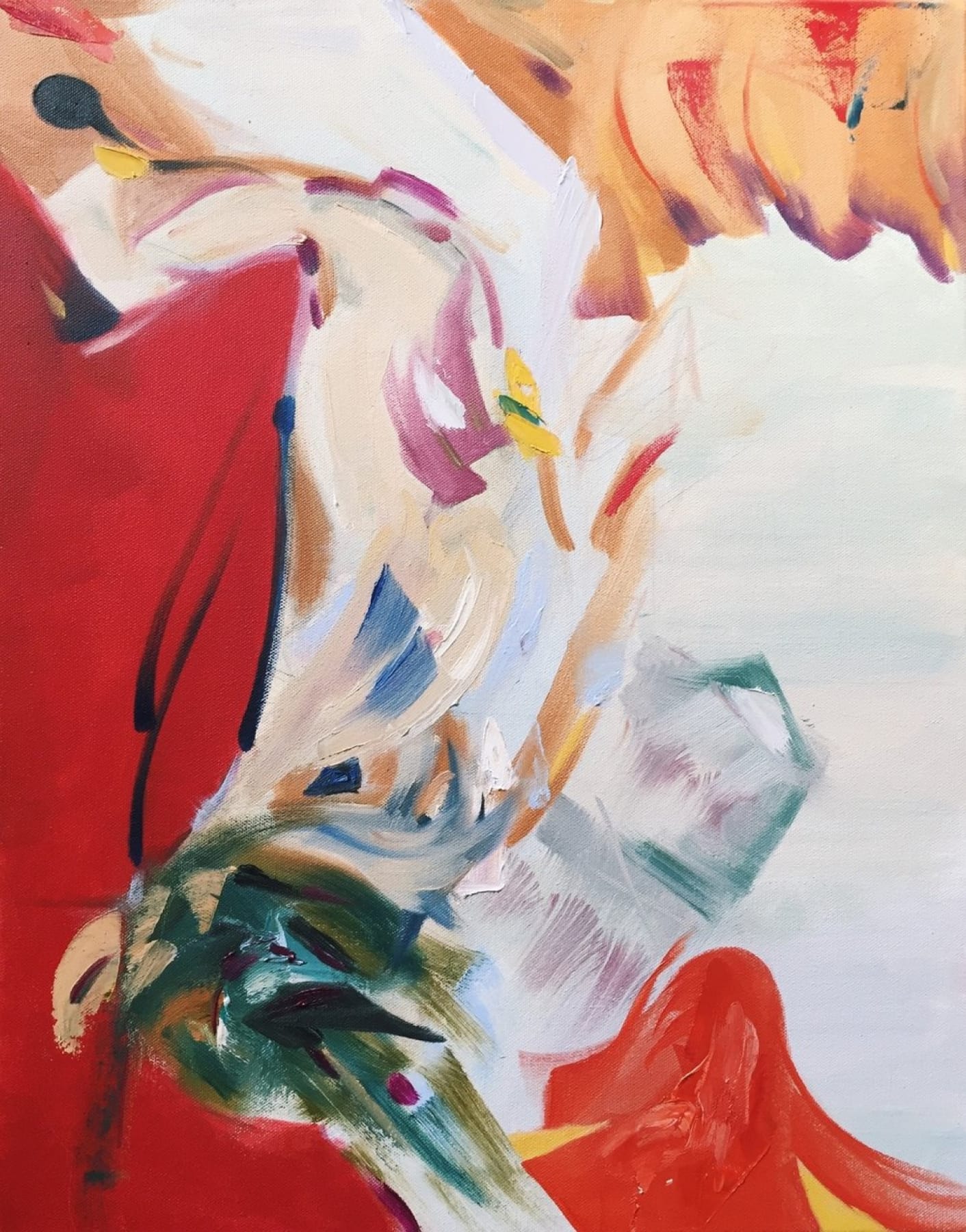
Above
The Recliner (2015)
Oil on canvas, 16x20”
What are you looking forward to?
I’m looking forward to top-down AND bottom-up institutional changes enacted by all the young people that have been spurred to political action and civil resistance by the anti-racism movement. I’m looking forward to seeing how the rallying cries from the front lines dovetail with the quiet, painstaking, behind-the-scenes work to gradually reshape our society.
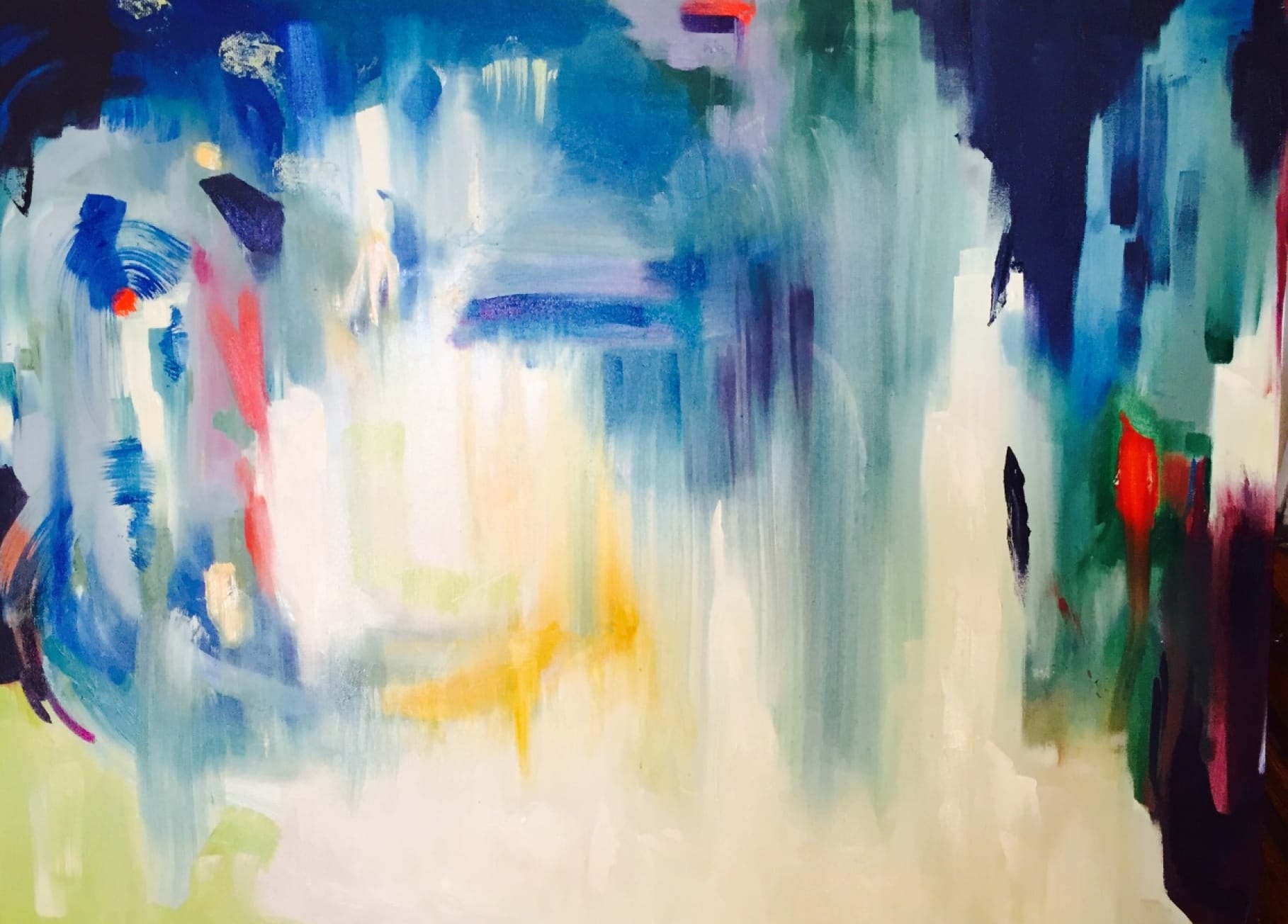
Above
Veridian Fade (2017)
Oil on canvas, 48x60”
How can people support you?
I’d love for people to closely follow the articles and editorial initiatives Electronic Beats has in the pipeline. But our program wouldn’t be possible without the Black and Brown artists who drive dance music forward. Support them.
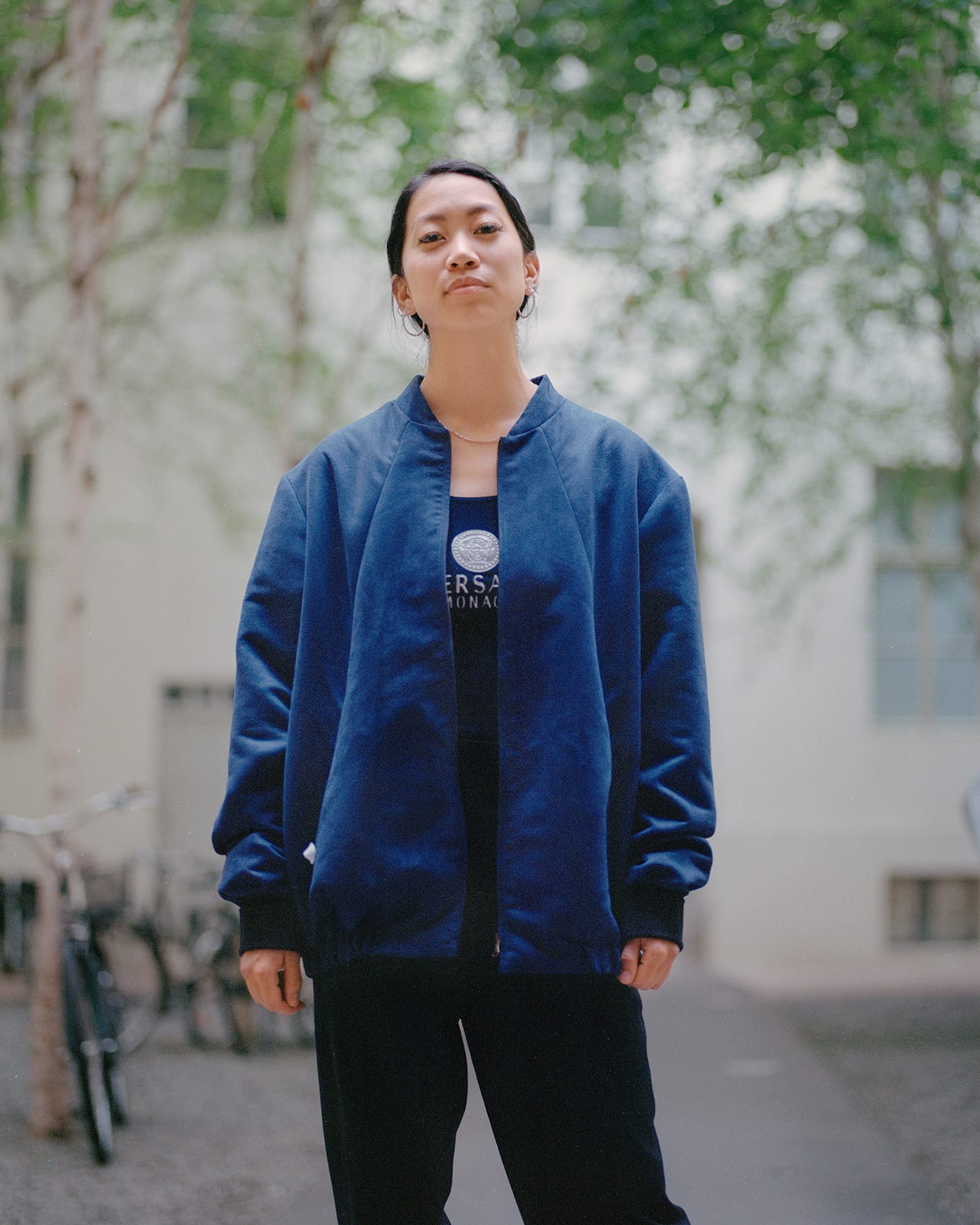
Above
Portrait of Whitney
Photo: Helge Mundt